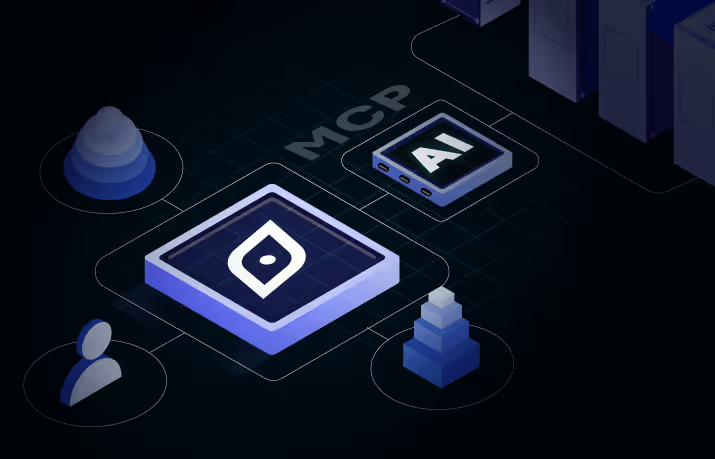Meet Your Diversity Hiring Strategies: Leverage AI-powered Talent Intelligence Platforms
In the quest to build teams rich in diverse identities and backgrounds, AI-powered Talent Intelligence platforms have become game-changers when it comes to diversity hiring strategies.
These innovative platforms are transforming traditional diversity hiring strategies. They do this by integrating global labor market data insights, which support more informed and faster decision-making and execution.
With in-depth insights and comprehensive diversity reports, companies can now identify and mitigate diversity gaps and track hiring metrics in real-time.
This data-driven approach enables talent acquisition leaders to make more accurate decisions in a timely manner. Consequently, it provides a competitive edge in building and implementing diversity hiring strategies.
Additionally, these platforms provide talent acquisition leaders with real-time insights into the current talent pool. This empowers organizations to attract, retain, and nurture diverse talent. As a result, it fosters a more dynamic workplace culture and supports diversity hiring strategies.
Understanding the Current Global Diverse Talent Pool with Talent Intelligence Platforms
The foundation of finding, hiring and retaining the top talent is thoroughly understanding the diverse global talent pool and workforce.
While traditional methods often lack a real-time view of the talent landscape, AI-powered Talent Intelligence platforms deliver a comprehensive 360-degree view of the diverse talent pool. This view is customized according to target locations.
Identifying Top Candidates from Diverse Backgrounds
AI and LLM models can easily identify the ideal candidates from a global talent pool in real-time. This involves analyzing and scanning thousands of data points from various sources, including resumes, social media profiles, job boards, company websites, and technology/business forums. Consequently, it identifies suitable candidates at the intersection of desired skill sets and diverse target sections.
Additionally, to support organizations DEI initiatives, AI-powered Talent Intelligence platforms specially highlight candidates from underrepresented groups to ensure they are given due consideration.
Mitigating Unconscious Bias in Diversity Hiring Strategies
Unconscious bias poses a significant obstacle to achieving genuine diversity. It can subtly influence hiring decisions, leading to qualified candidates from certain groups being overlooked. However, AI-powered Talent Intelligence platforms offer a solution.
Additionally, leveraging the blind hiring feature allows organizations to ensure a fairer assessment of candidates. This feature hides personal information that might lead to unconscious biases during the initial stages of evaluation.
By focusing solely on candidates’ skills, qualifications, and experience, blind hiring ensures that recruitment decisions are based on merit and suitability for the role. This approach promotes diversity hiring strategies within the organization.
Leveraging 360-Degree Diversity Reports within the Organizations
Once the diversity gaps are identified, it’s essential to continuously monitor and refine diversity hiring strategies. AI-powered Talent Intelligence platforms offer 360-degree diversity reports that provide an in-depth view of the organization’s current workforce and diversity hiring strategies.
These reports encompass a range of data points, from the diversity of the applicant pool to the inclusivity of hiring processes.
Armed with these insights, organizations can fine tune their strategies to ensure they are not only attracting but also retaining a diverse workforce. Real-time reports facilitate ongoing assessment and adjustment easily, keeping hiring practices aligned with diversity goals.
Continuous Auditing and Addressing Potential Gaps
Diversity hiring strategies are not a one-time effort but an ongoing process that requires regular auditing and timely intervention. AI-powered talent intelligence platforms can continuously monitor hiring workflows, flagging potential gaps or inconsistencies.
For instance, AI algorithms can analyze the hiring metrics and reports on an on-going basis and raise certain alerts maintaining the integrity of diversity hiring strategies and fostering a culture of inclusivity.
Conclusion
The benefits of successful DEI frameworks extend beyond organizational success. They include increased creativity, access to diverse perspectives, improved consumer understanding, and a strengthened brand reputation.
Despite concerted efforts to promote diversity, traditional hiring practices often inadvertently perpetuate bias. This can result in missed opportunities to tap into the full spectrum of available talent.
Focusing on diversity hiring strategies allows organizations to not only execute their DEI initiatives effectively but also position themselves to build more inclusive and high-performing teams.
Integrating AI-powered Talent Intelligence platforms and adopting a data-driven approach can provide sustained benefits. This includes identifying and addressing gapes in your diversity hiring strategies, as well as ensuring an unbiased evaluation process.
Companies can set an example in creating workplaces that reflect the diverse world we live in by harnessing AI’s potential. It also paves the way for a more equitable and innovative future.
Related Articles










.svg)

















.svg)





.svg)





.svg)
